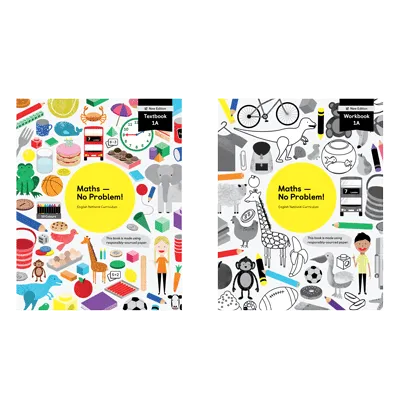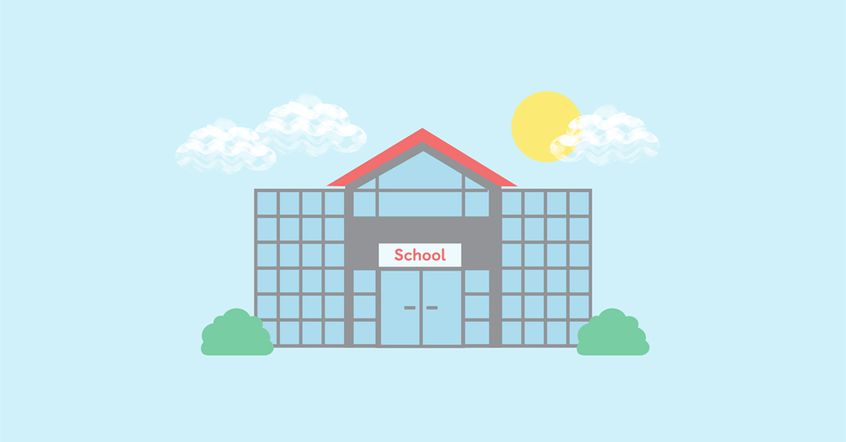Help Your Pupils Transition From Primary to Secondary School
The sun is finally shining, the end of the year is nearing and your class is humming along nicely. Yes, it’s that most wonderful time of year — the summer term!
Your Year 6 class has grown leaps and bounds this year, and now they’re about to embark on a very big step — secondary school. This transition can be challenging at the best of times, but because the last two academic years have been so difficult due to constant Covid-19 closures and gaps, helping your students manage this transition is more important than ever.
Here are my top five tips on how to prepare your pupils for secondary school.
1. Talk about the differences
This year your pupils have had to demonstrate great resiliency and maturity during homeschooling, but also while settling back into the classroom. Naturally, some may be anxious about yet another change. Reassure your pupils that starting secondary school is new for everyone. Have an open discussion that allows children to talk about what they think are the main differences between primary and secondary school. What will they miss about their old school? What do they look forward to in their new school? Introduce the concept of change, and how it can be a positive step towards achieving great things.
2. Prepare for hello and goodbye
From my experience as a Year 6 teacher, the summer term is full of high emotion, especially as the last day approaches. Most children long to hold onto primary school friendships and fear distance may ruin their bond. Secondary school gives children a chance to broaden their horizons and meet new people from different backgrounds. Encouraging your students to keep an open mind about future friendships and the opportunities they bring is a great way to set them up for success. Teaching a PSHE (personal, social, health and economic) lesson on the values of healthy friendships and new experiences can help ease worry.
3. Set a goal for the first term
Secondary school is full of opportunities — extracurricular activities, sports and languages just to name a few. Talk about them with your pupils, and then ask each of them to write down one goal for the autumn term. It could be to make one new friend, join a sports team or read three new books from the school library. Whatever your pupils choose, ask them to record this in a journal or on a bookmark so they can be reminded of it and work towards it throughout the year.
4. Expose them to what’s to come
Another great way to prepare your class for the new year ahead is to expose them to some of the changes they will soon experience. Set up a ‘transition’ day in your school where your class can take part in a range of activities. This could include teaching them a Year 7 maths lesson, inviting a Year 7 pupil to speak about their experience (choose wisely though!) and using your playground to mimic how pupils will move around in their new school. Ask your pupils to write a list of things they will have to buy for September so they can get excited about the new things to come while also encouraging them to take responsibility for their needs.
5. Stay in touch
I still have pupils from three years ago visit me in my classroom with their neat ties and their tucked-in shirts, beaming and excited to see me. They tell me about their new teachers, the subjects they find hard and the sports they are now enjoying. Creating and maintaining the bond beyond primary school can make the transition smoother for students. Ask your headteacher if it’s possible to give your school email address to your pupils so they can stay in touch — knowing you are only an email away may be very reassuring. Encourage your pupils to visit when they can, and lend them a shoulder or an ear when they need one.
Practicing these tips will help take the fear away from the secondary school transition and that will go a long way to setting your pupils up for success.
Book a free trial!
Get an in-depth introduction to Maths — No Problem! and see what this award-winning maths mastery programme can do for your school.

